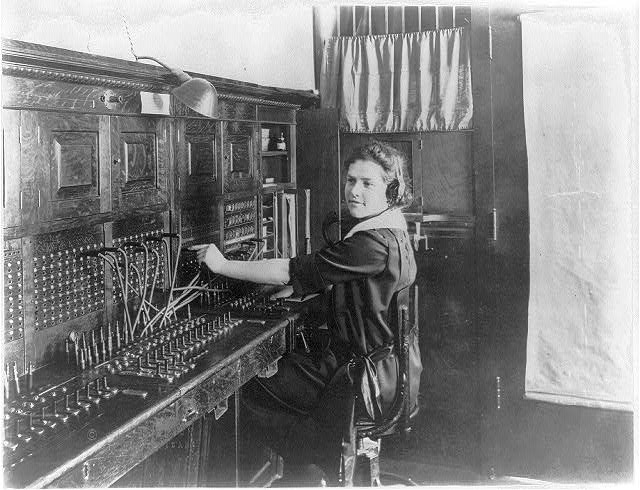
Credit: Library of Congress / Anderson, J. F.
This piece originally aired on October 19th, 2018.
Every day, it seems like there’s a new story about privacy: A Facebook hack that puts the private data of millions at risk. A years-long surveillance program of personal communications by the government. Endless concerns about how much of our lives we share on social media.
With all this in the air, it can certainly feel like we have a lot less privacy nowadays. But is that really the case? Well, according to Vanderbilt professor Sarah Igo, author of The Known Citizen: A History of Privacy in Modern America, the answer is actually pretty complicated.
Three Takeaways:
- Igo says that there isn’t some time period when Americans had all the privacy they wanted. It’s always been a push and pull. Instant photography, mass media, and even postcards, all caused people to worry about, and debate, privacy.
- Americans haven’t always resisted the loss of privacy. Igo points out that when social security numbers were instituted, citizens were mostly fine with giving up some of their privacy in exchange for economic security.
- Our legal right to privacy comes not from a wiretapping case or a lawsuit about reading someone’s mail, but from Griswold V. Connecticut, a Supreme Court case involving contraceptives. In fact, Igo thinks that our laws surrounding privacy would probably be a lot different if the right had come from a different type of case.
More Reading:
- Variety takes a look at how Facebook’s privacy missteps have finally caught up to it.
- You’re not alone, according to Pew “80% of social media users said they were concerned about advertisers and businesses accessing the data they share on social media platforms.”
- The New Yorker asks why we’re so concerned about privacy.

